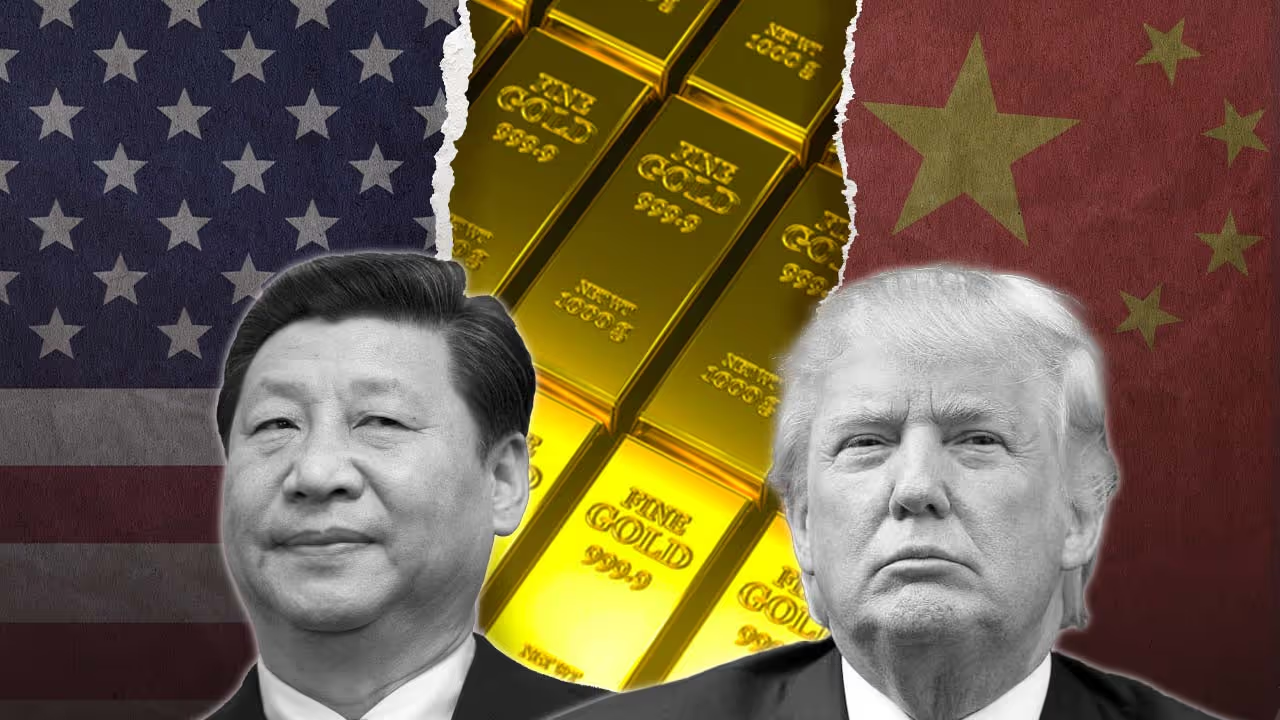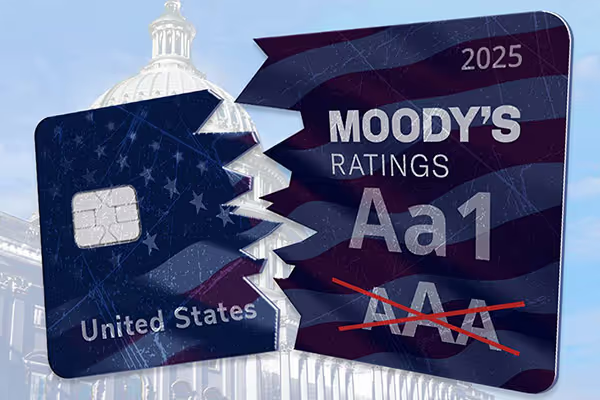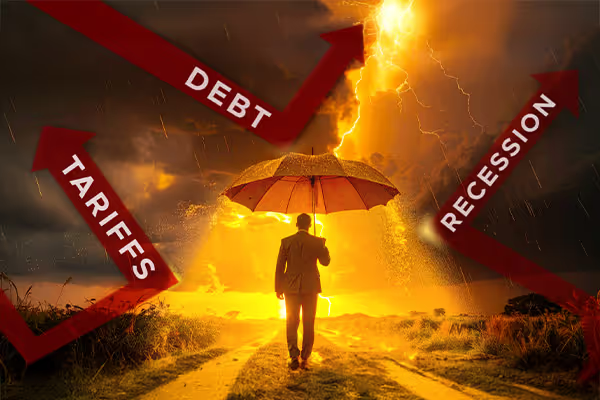The trade war between the United States and China has escalated far beyond tariffs — it’s become a high-stakes showdown over critical supply chains, advanced technology, and global dominance. As both nations hurl accusations of broken agreements and intensify economic restrictions, the ripple effects are beginning to hit American businesses and consumers. But amid the growing uncertainty, one asset continues to hold firm: gold.
Tensions spiked recently when the U.S. suspended key tech and aerospace component sales to China in response to Beijing’s clampdown on rare earth exports — minerals vital to sectors ranging from automotive to defense. This tit-for-tat has ignited fears of supply disruptions across industries already strained by global volatility.
“Supply chain wars that we’ve been speculating about for years are now happening,” said Liza Tobin, a former White House national security adviser. Her warning underscores how entwined — and fragile — the U.S.–China trade relationship remains, with essential materials now being weaponized in the fight for industrial control.
President Trump’s aggressive tariff hikes — some surging as high as 145% — have only deepened the divide. Though a temporary deal was struck in Geneva to slash tariffs by a combined 115 percentage points, tensions quickly reignited. Trump accused China of breaching the pact, posting on Truth Social that the country had “TOTALLY VIOLATED ITS AGREEMENT WITH US.” U.S. officials cite stalled rare earth shipments and retaliatory tech restrictions as signs of noncompliance.
Chinese officials pushed back hard. Lin Jian, spokesperson for the Chinese Ministry of Foreign Affairs, insisted that China has “earnestly implemented” the agreement and accused the U.S. of being the first to violate terms — including by banning Huawei-made chips and revoking student visas linked to national security concerns.
“The U.S., without any factual basis, has smeared and accused China, imposed export controls on chips, suspended sales of chip design software to China and announced the cancellation of Chinese student visas — extreme measures that severely undermine the Geneva Consensus,” Lin said.
Amid this diplomatic breakdown, U.S. agencies — including the Departments of Defense and the Interior — are now racing to shore up domestic rare earth production, with plans for new mines and processing facilities. But such efforts could take years, leaving American industries in a vulnerable spot.
Ford has already temporarily shuttered one factory due to material shortages. Other manufacturers warn of price hikes, shipping delays and thinning inventories. For American consumers, that could translate to higher costs and fewer choices on store shelves.
Turning to Gold as Global Fault Lines Widen
Unlike fiat currencies or even U.S. Treasuries, gold is immune to political gridlock, sanctions, and supply chain volatility. It’s a tangible asset with a long history of preserving wealth through crises, and it doesn’t depend on government trust or foreign suppliers.
As trade tensions, inflation, and national security concerns collide, investors are increasingly viewing gold not just as a hedge — but as a vital piece of any diversified portfolio.
Gold can’t be embargoed. It doesn’t depend on rare minerals or foreign factories. And it tends to rise in value when uncertainty takes center stage.
A Shield Against Political Risk
At Reagan Gold Group, we help investors protect their savings with IRS-approved physical gold and silver IRAs, along with secure direct delivery options. In a world where geopolitical chess matches can rattle markets overnight, gold remains a proven safe haven.
Now is the time to secure what you’ve earned.














